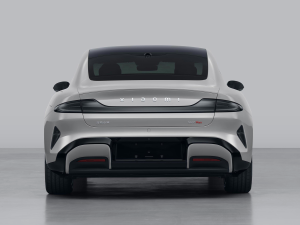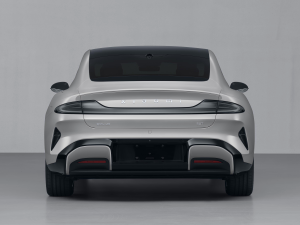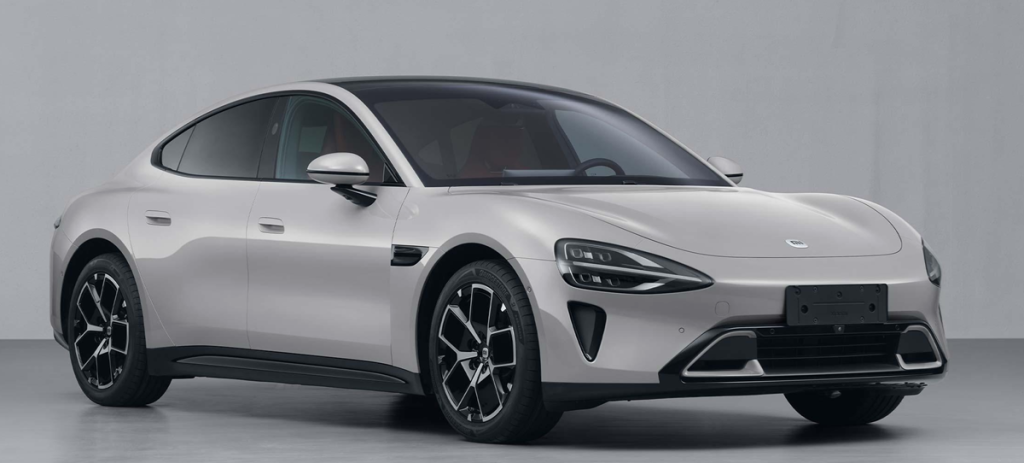
A filing in China’s Ministry of Industry and Information Technology has revealed details about the upcoming electric vehicle (EV) named Xiaomi SU7. Xiaomi previously announced the construction of an EV plant in Beijing with an annual production capacity of 300,000 units.
Xiaomi SU7, SU7 Pro, and SU7 Max
Manufactured by state-owned Beijing Automotive Group Co., the EV lineup includes three models: SU7, SU7 Pro, and SU7 Max. The Xiaomi SU7 is an electric sedan measuring 4997/1963/1455 mm with a 3000 mm wheelbase. It offers two wheel options, 19″ and 20″, with corresponding tire specifications of 245/45 R19 and 245/40 R20.
Xiaomi presented two versions, one with lidar and one without. The lidar is positioned behind the front windshield, and the presence of a B-pillar camera suggests a potential face recognition unlocking feature.
The powertrain offers two choices: a Rear-Wheel Drive (RWD) with a 220 kW motor and an All-Wheel Drive (AWD) with a maximum power of 495 kW (220 kW + 275 kW). The LFP battery pack is sourced from BYD for the more affordable trim, while the pricier option uses a ternary NMC battery from CATL.
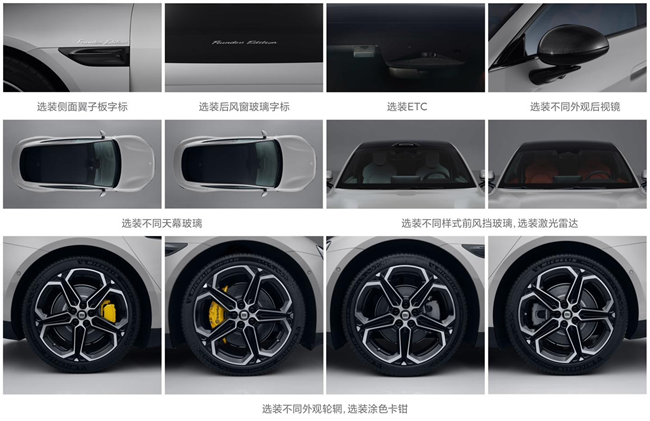
The curb weight varies, with the lower trim at 1,980 kg and a limited top speed of 210 km/h. The top trim model weighs 2,205 kg, achieving a top speed of 265 km/h. Certain trims may include an active rear wing.
The electric motor model, TZ220XS000, is manufactured by United Automotive Electronics Co., Ltd. It features an Electronic Toll Collection (ETC) function, enabling automatic toll payment on toll roads without stopping.
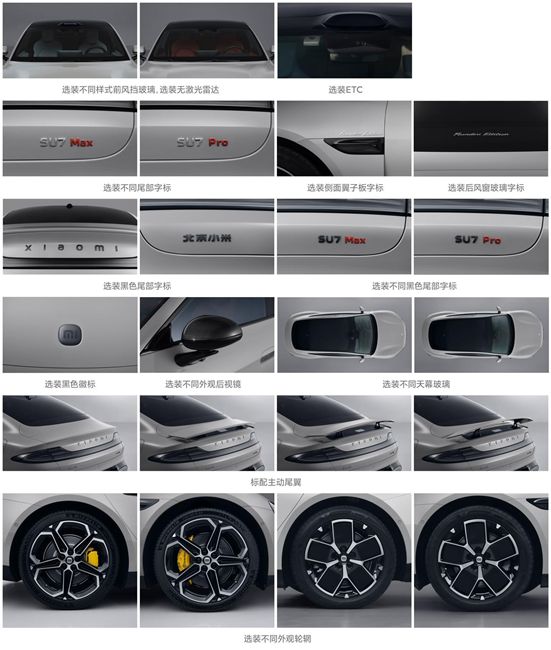
The in-car system of the SU7 will run on Xiaomi’s HyperOS, an in-house developed operating system compatible with both smartphones and cars.
Production Timeline and Availability
Mass production of the SU7 is set to commence in December 2023, with deliveries starting in February 2024. BAIC’s Beijing factory has initiated trial production, with numerous test vehicles already in circulation.

